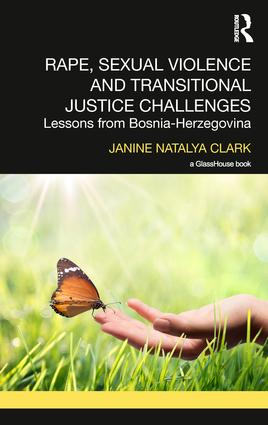
It is estimated that 20,000 people were subjected to rape and other forms of sexual violence during the 1992-1995 Bosnian war. Today, these men and women have been largely forgotten. Where are they now? To what extent do their experiences continue to affect and influence their lives, and the lives of those around them? What are the principal problems that these individuals face? Such questions remain largely unanswered. More broadly, the long-term consequences of conflict-related rape and sexual violence are often overlooked.
Based on extensive interviews with male and female survivors from all ethnic groups in Bosnia and Herzegovina (BiH), this interdisciplinary book addresses a critical gap in the current literature on rape and sexual violence in conflict situations. In so doing, it uniquely situates and explores the legacy of these crimes within a transitional justice framework. Demonstrating that transitional justice processes in BiH have neglected the long-term effects of rape and sexual violence, it develops and operationalizes a new holistic approach to transitional justice that is based on an expanded conception of ‘legacy’ and has a wider application beyond BiH.